REUSE AND REFILL for a Plastic-Free Future
Did you know that 97% of Filipinos support switching from single-use plastics to reuse and refill?
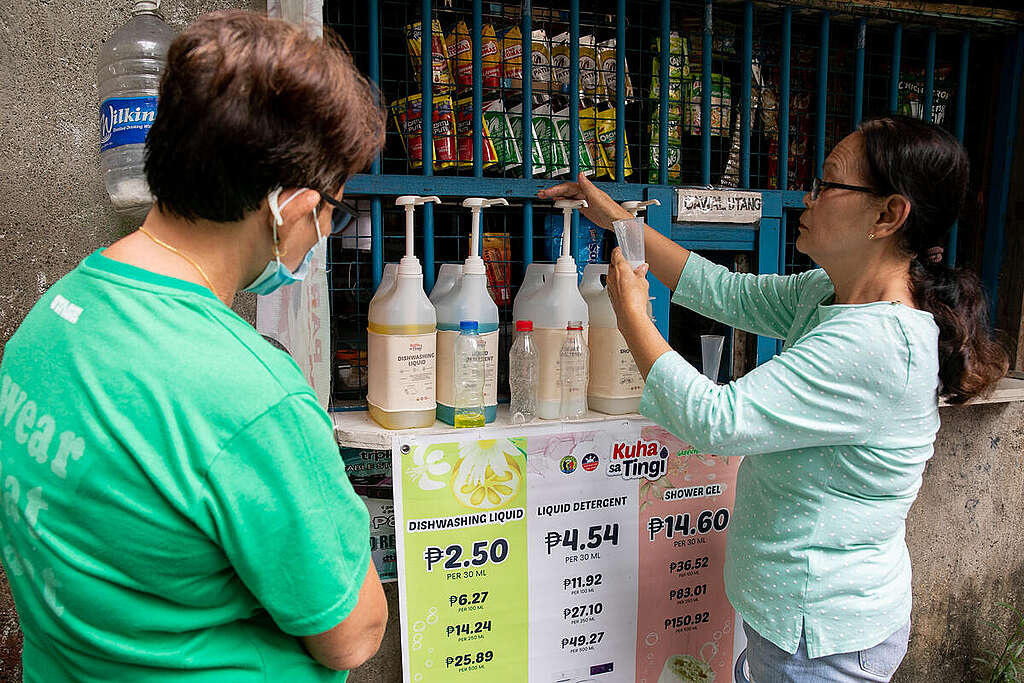
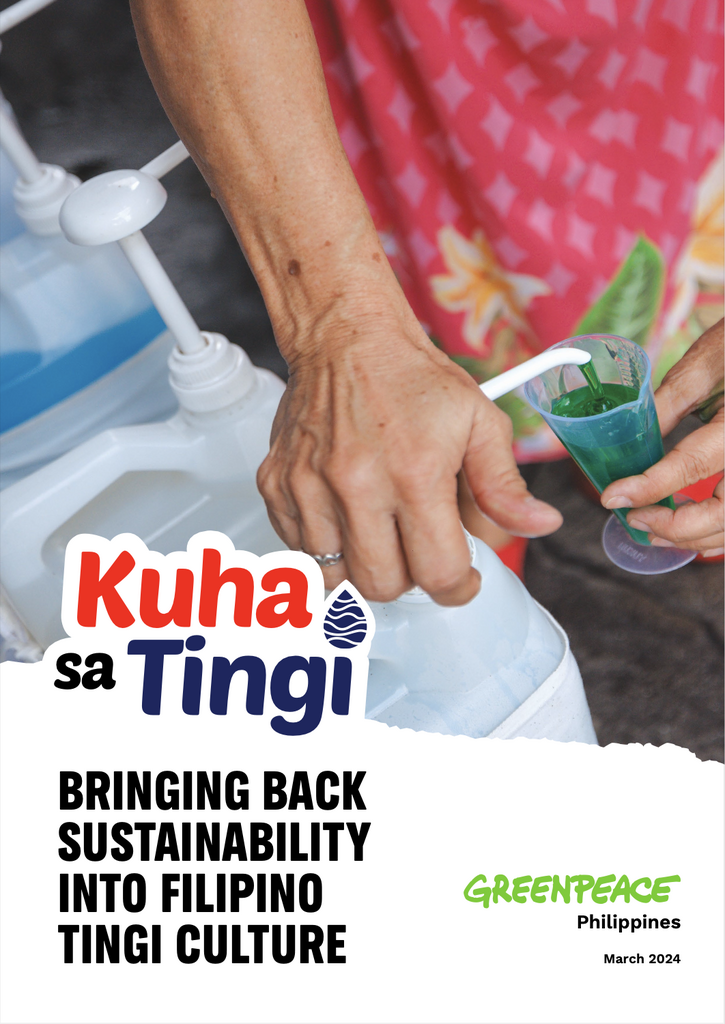
KUHA SA TINGI:
Bringing back sustainability into Filipino tingi culture
Filipinos traditionally patronized the tingi culture, where consumers purchased goods in precise quantities often using reusable containers. However, what was once sustainable had been co-opted by corporations, proliferating the use of harmful plastic sachets.
“Kuha sa Tingi” is a project that introduces small-portion refill systems for everyday commodities at affordable prices in sari-sari stores, allowing consumers from all socioeconomic sectors to refill their reusable containers with the exact quantities they need.
The report shows that investment in large scale refill systems can mitigate sachet pollution. It shows that reuse and refill are not just effective solutions to the plastic crisis, but are also sound business models that benefit suppliers, retailers, consumers, and local government units—while helping protect the environment and communities.
Note: The download link works best in Chrome.
KEY RESULTS

Over 50,000 sachets avoided

Consumer savings of 201%

Increase in store owners’ profit
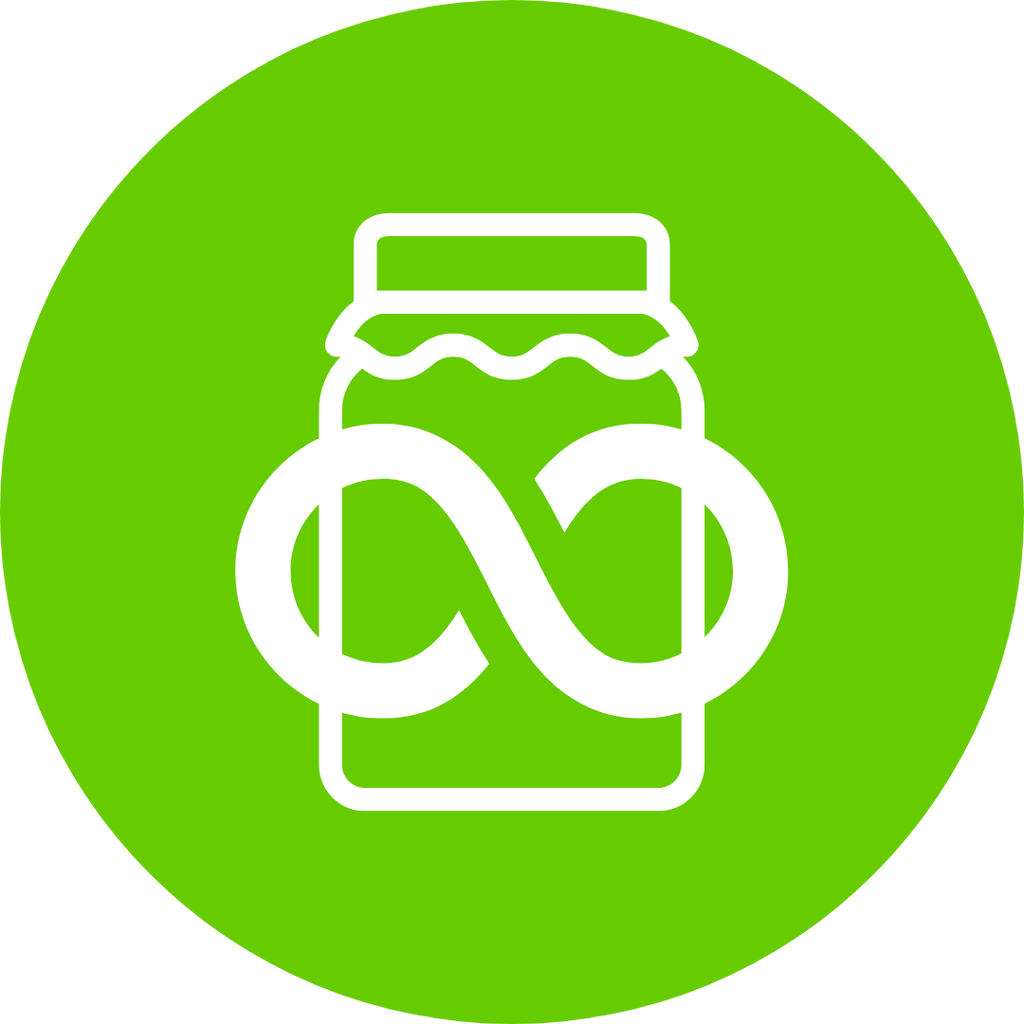
Adoption of sustainable actions
WHY REUSE AND REFILL
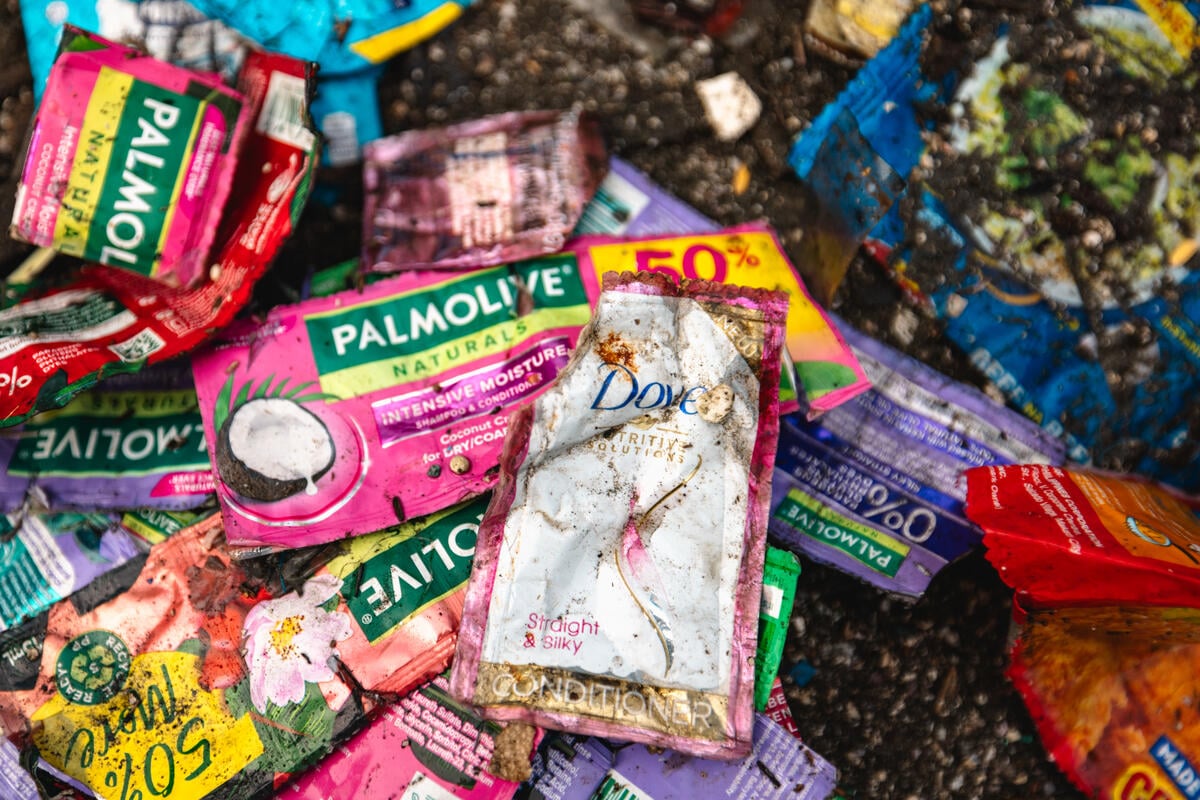
We simply cannot recycle our way out of this plastic mess especially since only less than 10% of plastics are recycled globally. In the Philippines, where corporations are responsible for an estimated 164 million pieces of sachets disposed daily, reuse and refill systems are proving to be among the effective solutions in addressing the problem.

According to the United Nations, around 36% of all plastic used globally goes into packaging, while around a third of all plastic packaging leaks in the environment. Reuse systems could cut plastic pollution by 30% by 2040 and bring down greenhouse gas emissions.

Beyond the elimination of pollution, reuse and refill systems reduce resource consumption. Reuse systems have shown a reduction in water use and material requirements, saving businesses money and decreasing the need for extracting resources from the planet.

Communities will benefit from reuse and refill systems, as these upstream solutions allow a transition to a slow circular economy that scales back production, eliminates toxic substances, and designs waste out of systems. Communities will have less exposure to harmful substances, and the nature we rely on for food and other needs are less polluted.
WHAT WILL MAKE REUSE AND REFILL FLOURISH
GOVERNMENT
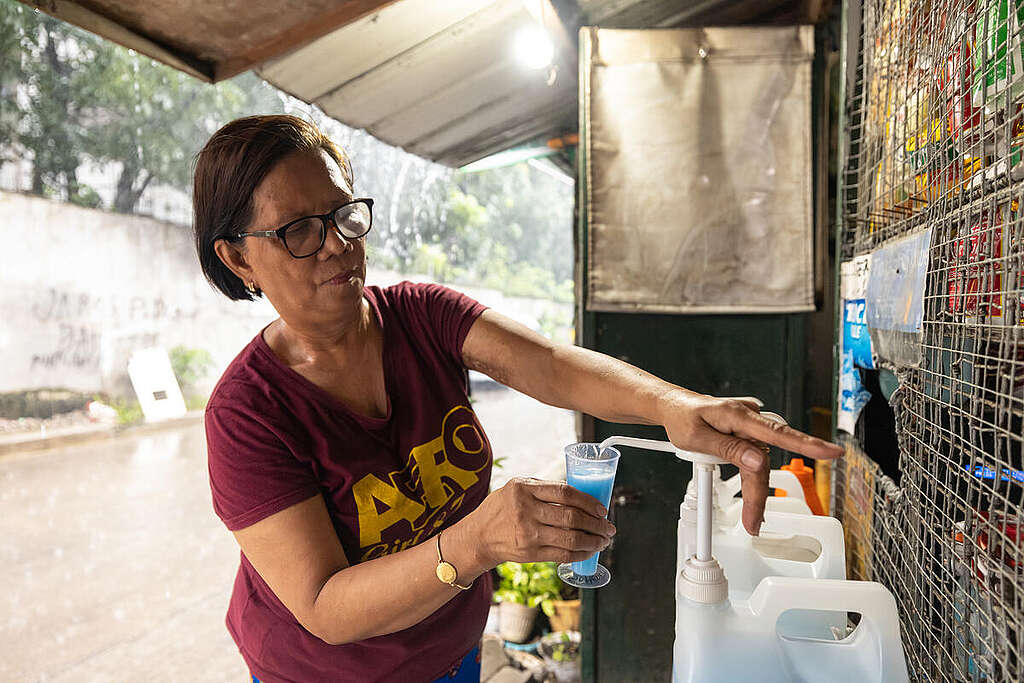
Enacting policies that will regulate plastic production while supporting and incentivizing reuse and refill systems.
BUSINESSES
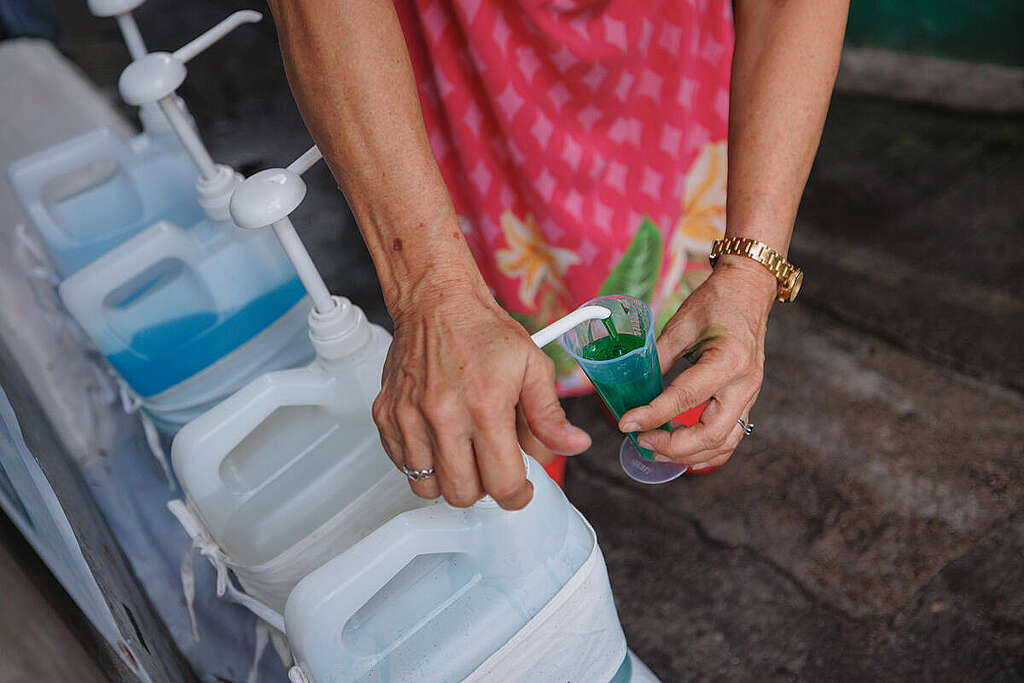
Drastically reducing single-use plastic production while investing and scaling up genuine reuse and refill systems.
COMMUNITIES
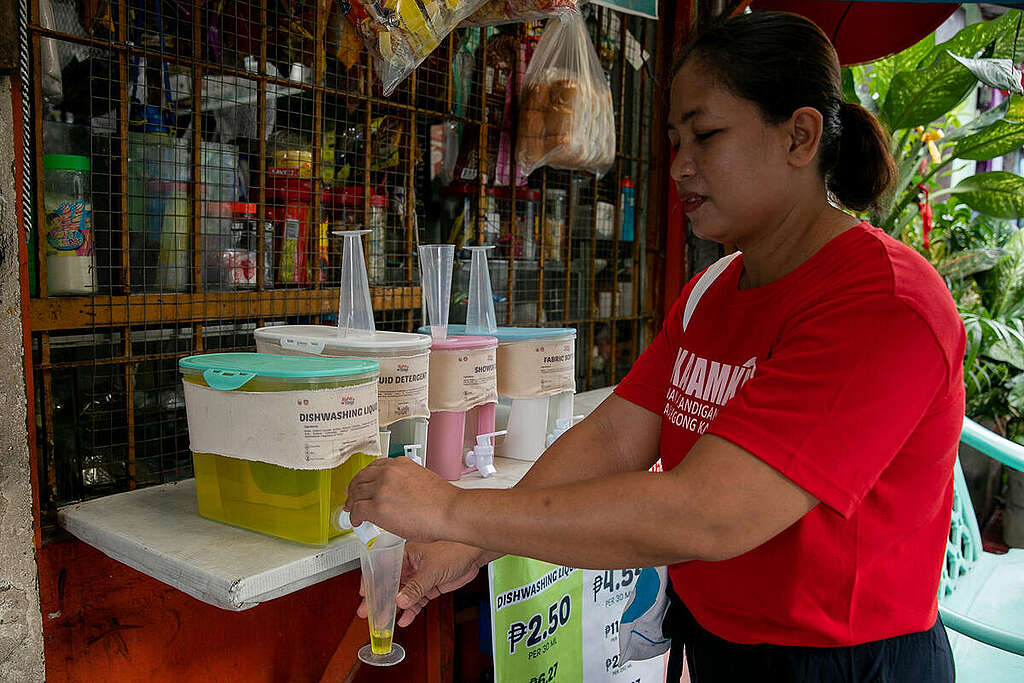
Championing reuse and refill by supporting local initiatives and innovating solutions within localities.
Get inspired with stories of communities and businesses leading the way to a plastic-free future with reuse and refill.
-
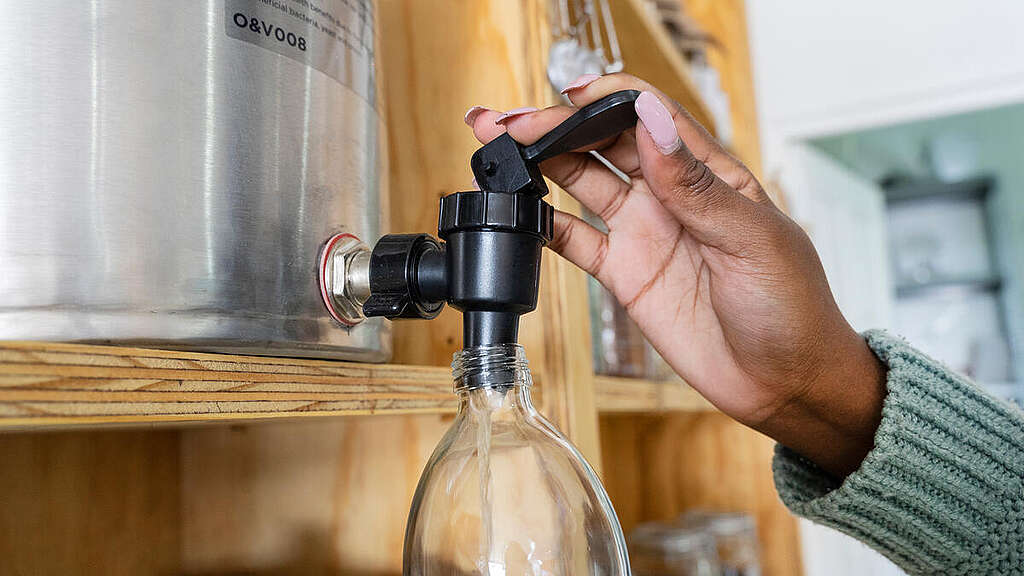
5 Reuse and Refill projects that are making a difference and leading the way to a plastic-free future
Sustainable models in these countries are leading the way towards a reuse revolution with both their traditional reuse and refill systems, and their modern equivalents. Get to meet some of the people behind this beautiful and diverse movement full of leaders, learners, and collaborators.
Share with us your own stories of reuse and refill in your community.
HELP US BUILD A GREENER FUTURE
“Kuha sa Tingi” is one of the projects we do at Greenpeace in building a green, just, and sustainable future for all. We work together with communities in co-creating solutions that address pressing environmental issues such as climate change and plastic pollution. Some of our initiatives include championing reuse and refill systems, solarizing communities with renewable energy, and spearheading climate solution programs like bike-sharing, among others.
By donating to Greenpeace, you are helping to protect the planet.
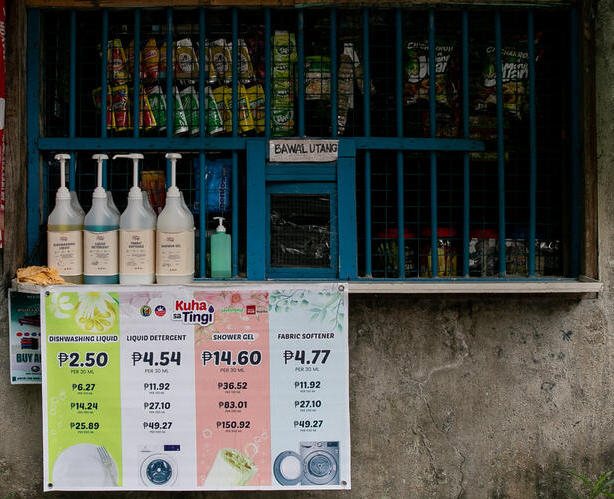
Stay updated with the latest news and insights on sustainability and the environment at large.
-

San Juan City spearheads sari-sari store refill system in bid to address plastic pollution
Sustainable sari-sari stores may soon be the norm in San Juan City with the pilot launch of community-based refill hubs developed to help address the plastic pollution crisis.
-
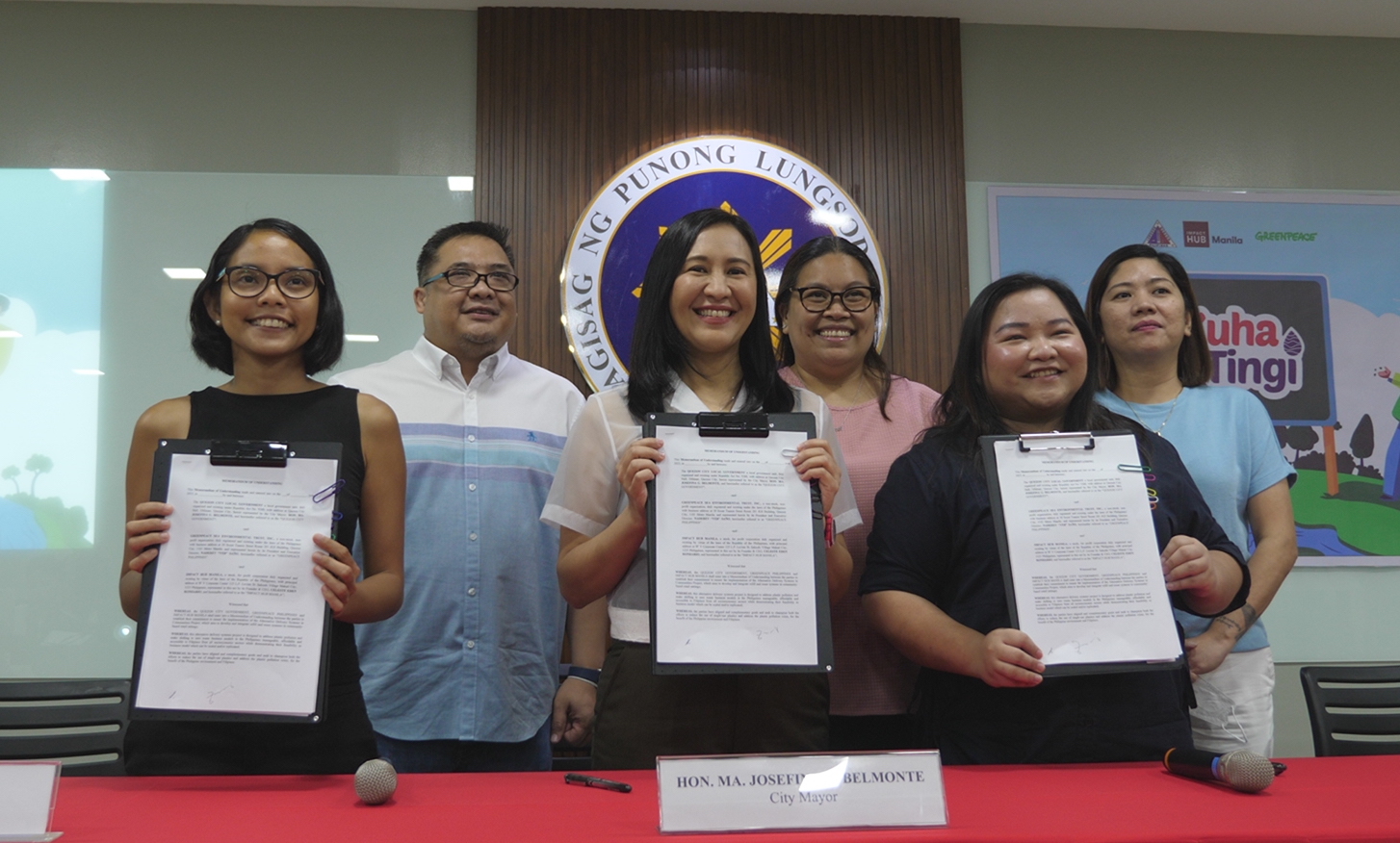
Quezon City leads the fight against plastic pollution through sari-sari store-based refill hubs
Sari-sari stores in Quezon City will soon be playing a part in helping solve the country’s plastic problem. Ahead of the celebration of World Refill Day on June 16, the local government of Quezon City, Greenpeace Philippines, and Impact Hub Manila launched “Kuha sa Tingi,” an initiative establishing community-based refill hubs in sari-sari stores to…
-
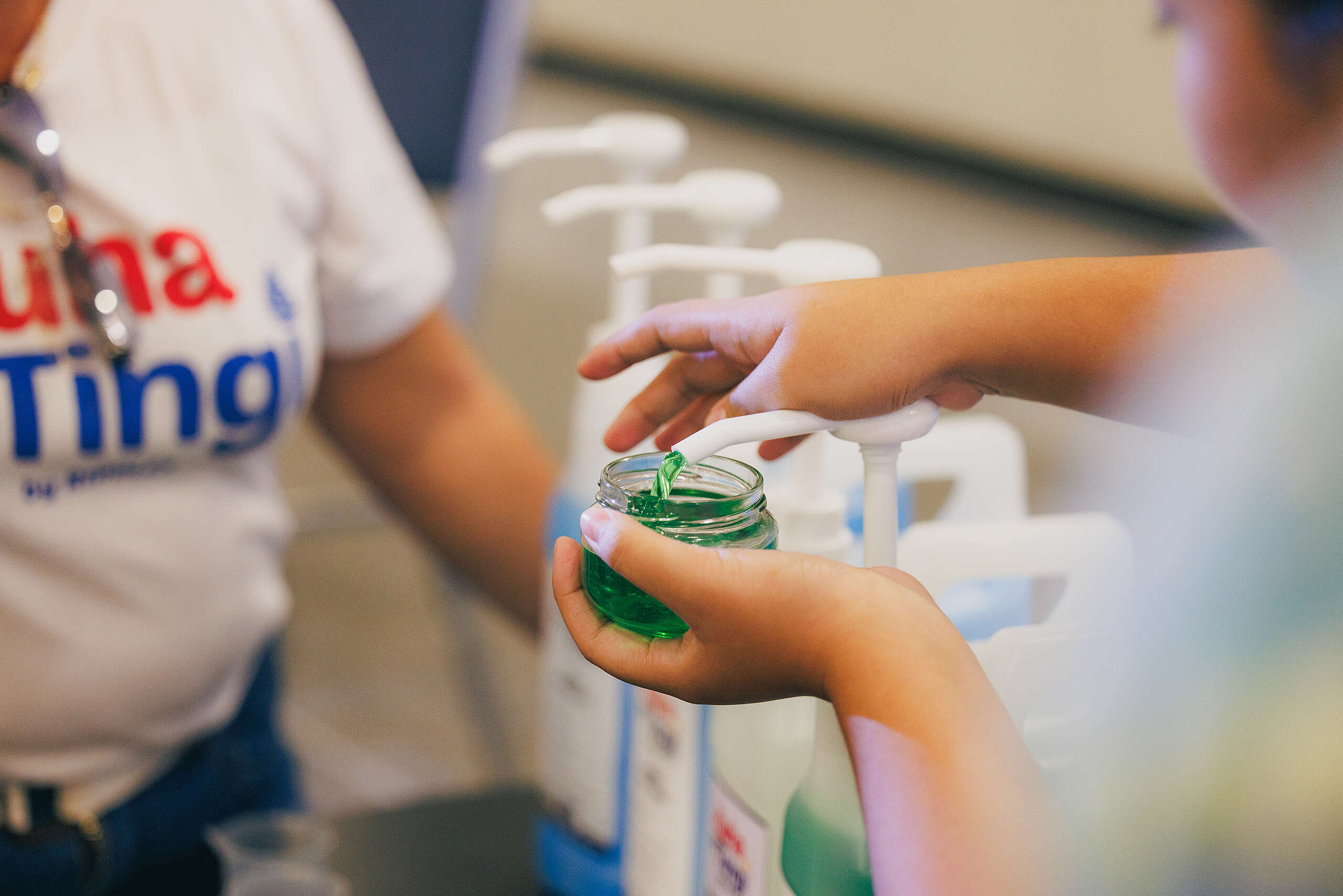
Report shows end to sachet pollution with investment in large-scale refill systems
“Kuha sa Tingi” project in QC and San Juan City shows proof-of-concept
